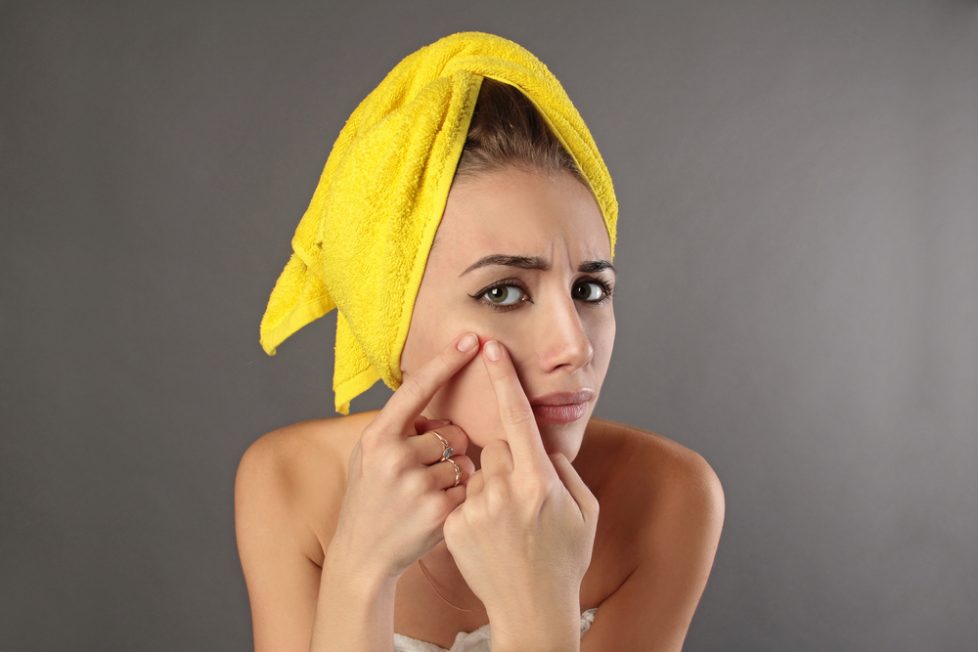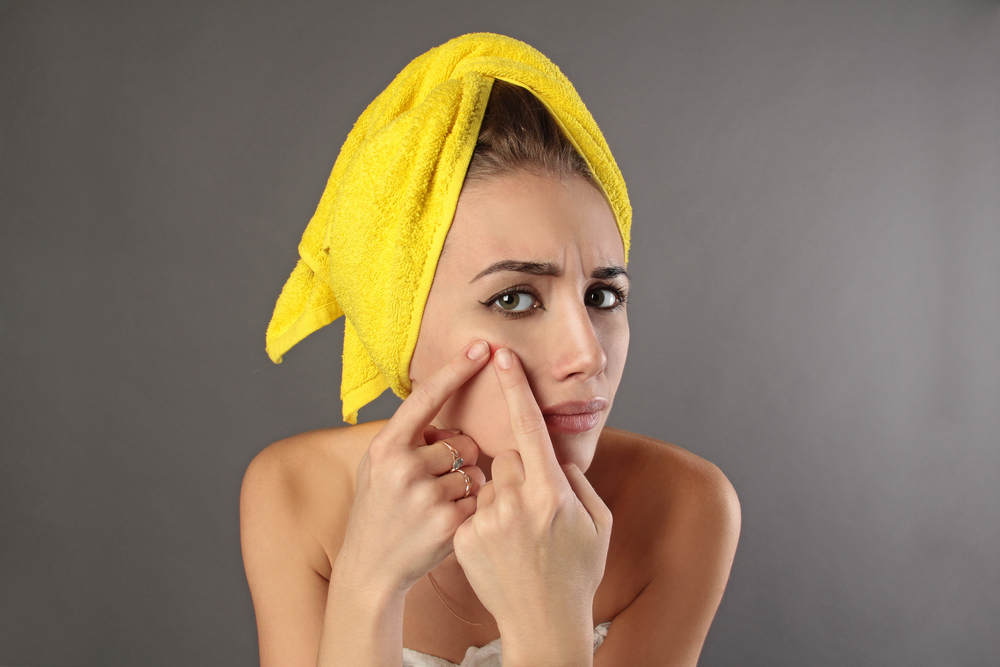Get Rid Of Acne Scars: How To Prevent Acne Scars

Acne is one of the common skin states that affect many people especially during their youth. It is caused by hormones, dead skin or even excess oil on your face. Acne scars could be sunken, raised, or pigmented. These scars can be very painful or itchy and require serious treatment. There are many ways that you can however use to treat these acne scars. The following are some key points to help you prevent acne marks on your skin.

If you notice that you have acne, the first thing you need to do is prevent scarring. This can be done by getting acne under control through the right treatment. It is good that you visit your dermatologist to help you identify the type of acne you have. Acne falls into three categories. The first type is the severe or cystic acne, which causes painful and pus-filled cysts on the skin and causes the most scarring. The second is the mild acne which is common to many and is characterized with blackheads and white heads. Third type is the moderate acne characterized by papules and pustules.
When you feel a pimple forming on your face it is advisable that you use an on-spot treatment. This is because; at this point the treatment will be effective. Use creams or gels that contain acne fighting ingredient such as benzoyl peroxide, sulfur, or salicylic acid. When you use this treatment at early stage, it will stop acne scars from forming.
In case you have pimples which stay beneath the skin and fail to develop a white head (cystic), visit a doctor. It is recommended that you get a cortisone injection. This will help reduce the inflammation and minimize the chances to get rid of acne scar from appearing. This will also help you minimize chances of you popping the pimple that would leave a scar.
When you squeeze or prick a pimple you will cause more injury and inflammation. This will pave way for bacteria and pus into the skin thus damaging collagen. It is crucial for you to refrain from touching your face as it could trigger more pimples to form. Make sure your face is always clean and do not use multi-creams, rather moisturizers. Use mild cleansers to wash your face instead of soaps so as to make your face moist.
It is important that you use exfoliates to scrub your face. Exfoliates helps get rid of the dead skin cells that accumulate and cause acne. Facial scrubs could be physical or chemical. It is however good to use chemical exfoliates which contain an AHA or BHA. This removes the glued dead skin leaving the face free from any dead cells. It also stimulates growth of new skin cells that tend to smoothen the face. This form of facial treatment works well even for those with no acne. This helps them retain and prevent pimples from popping up reducing chances of acne scarring.
Although many people get scared and feel embarrassed when they get acne scars, it is good that they know it is possible to treat them. It is important for those also with acne free skins to be cautious and take preventive measures on the same. The highlighted tips can help you prevent and minimize chances of acne scars appearing on your skin.
